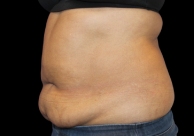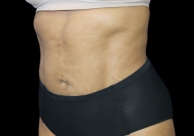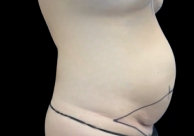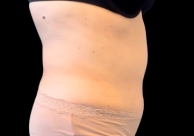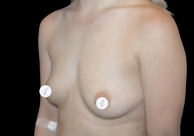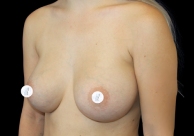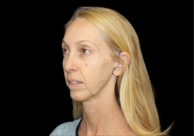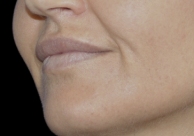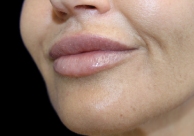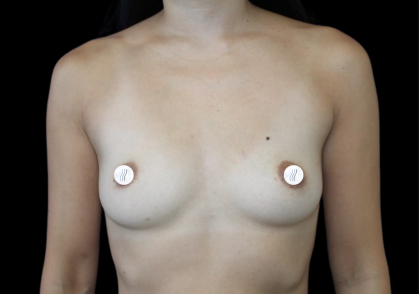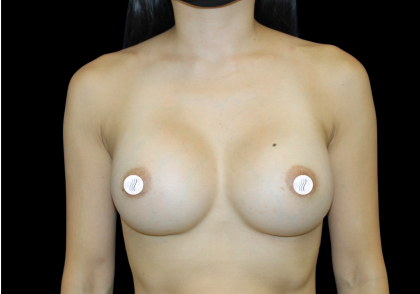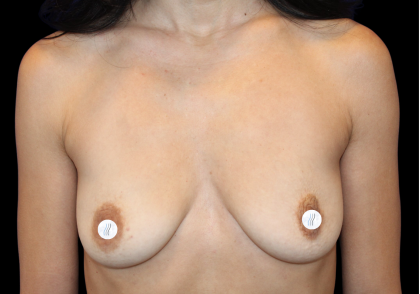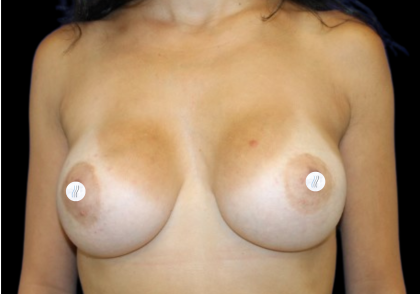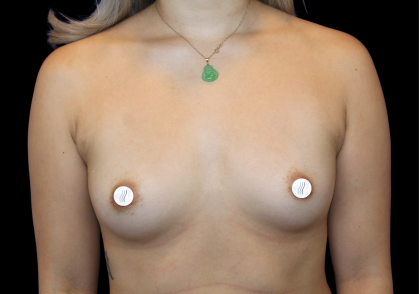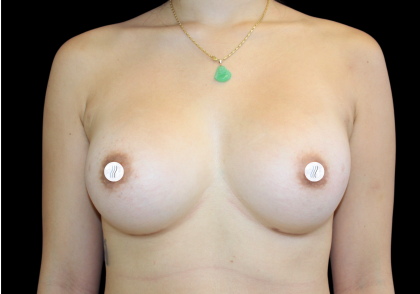Capsulectomy
Conveniently located to serve the areas of Honolulu, HI

Breast implant removal with a capsulectomy is a procedure that involves removing the implants and the surrounding scar tissue, or capsule, that forms naturally around them. During your consultation, your surgeon will discuss whether a capsulectomy is necessary, as implant removals can often be performed without a subsequent capsulectomy.
When any type of breast implant is inserted, the body reacts by forming a protective lining around it. This is referred to as the “capsule” or “tissue capsule.” Some people refer to it as the “scar capsule” although it is not exactly the same as scar tissue. The capsule is formed by your own living tissue. It is normal and happens in everyone regardless of whether the implant is smooth or textured, silicone or saline.
In some women, for reasons we don’t understand completely, the capsule has a tendency to shrink, squeezing the implant. This is referred to as capsular contracture. The tighter the capsule becomes the firmer the breast feels.
The treatment of capsular contracture is usually surgical. In an “open capsulotomy” the surgeon scores, or cuts, the capsule to release its hold on the implant. In an “open capsulotomy,” the entire capsule is surgically removed. The body then forms a new capsule but the hope is that it does not contract as the old one did. Only a relatively small percentage of women with implants develop capsular contracture severe enough to require surgical treatment. The rare patient develops repeated capsular contracture but in the majority of cases, it can be successfully treated.
Contents
Before and After Photos
Reasons for Capsulectomy
There are several reasons a capsulectomy may be necessary. If the patient is experiencing discomfort from capsular contracture, wishes to improve the appearance of the breast, or simply wishes to remove their implants and the capsules (natural scar tissue) are adhered to the surface of the implants as opposed to the inside surface of the body (or surrounding breast tissue).
Capsular Contracture
This is when the natural scar tissue (or capsule) that forms around the implant becomes unusually thick, tight, or hard. Normally, this capsule is soft and helps hold the implant in place, but in capsular contracture, it tightens around the implant, causing the breast to feel firm or misshapen. This can lead to discomfort, pain, and changes in the appearance of the breast.
Risks of Capsulectomy
If the capsules (scar tissue) around the implants are soft, our plastic surgeons generally prefer to leave the capsule intact and remove only the breast implants. The reason for this is that when you remove the capsules, it creates a raw surface inside the body.
Surgical Procedure
At Athena Clinic Plastic Surgery, the surgery begins with IV sedation, administered by one of our Board Certified Anesthesiologists, to ensure patient comfort. The surgeon will then make an incision, often using the original implant scar to minimize new scarring. The implant is carefully removed, and the capsule of scar tissue is also excised, either partially or entirely, depending on your needs. This helps restore the breast’s natural appearance and may relieve symptoms like pain or tightness. Some patients opt for a lift or fat grafting at the same time to enhance shape. Recovery time varies, but most patients return to normal activities within a few weeks.
Can I Stop Scar Tissue From Forming In the First Place?
As we discussed above, capsular contracture is a random occurrence. While it is not uncommon to feel a little rippling, especially in thin-skinned patients, it is not common for someone to have enough scar formation that they need to have it fixed.
Massage
Dr. Murariu and Dr Peterson recommend massage as part of all post-operative care for your implants. This keeps them soft and the tissue around the implant soft therefore reducing capsular contractor. You can download our massage instructions here.
Other Options
At the time of capsulectomy, if we insert a new implant, we may recommend a new pocket (so either move from subpectoral to subglandular or vice versa). The use of ADM or medicines such as Montelukast (Singulair), and injections with PRP or steroids may also help reduce the risk of capsular contracture
